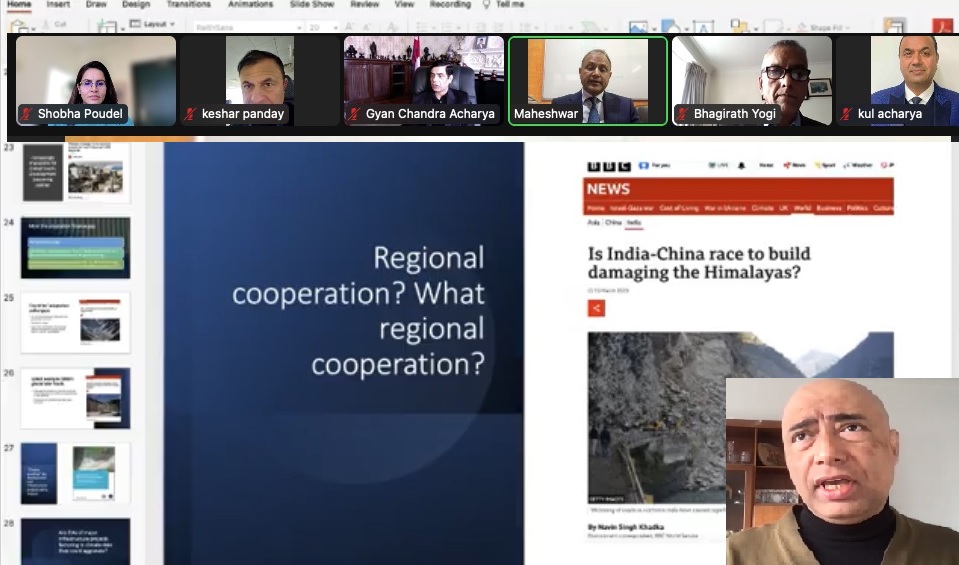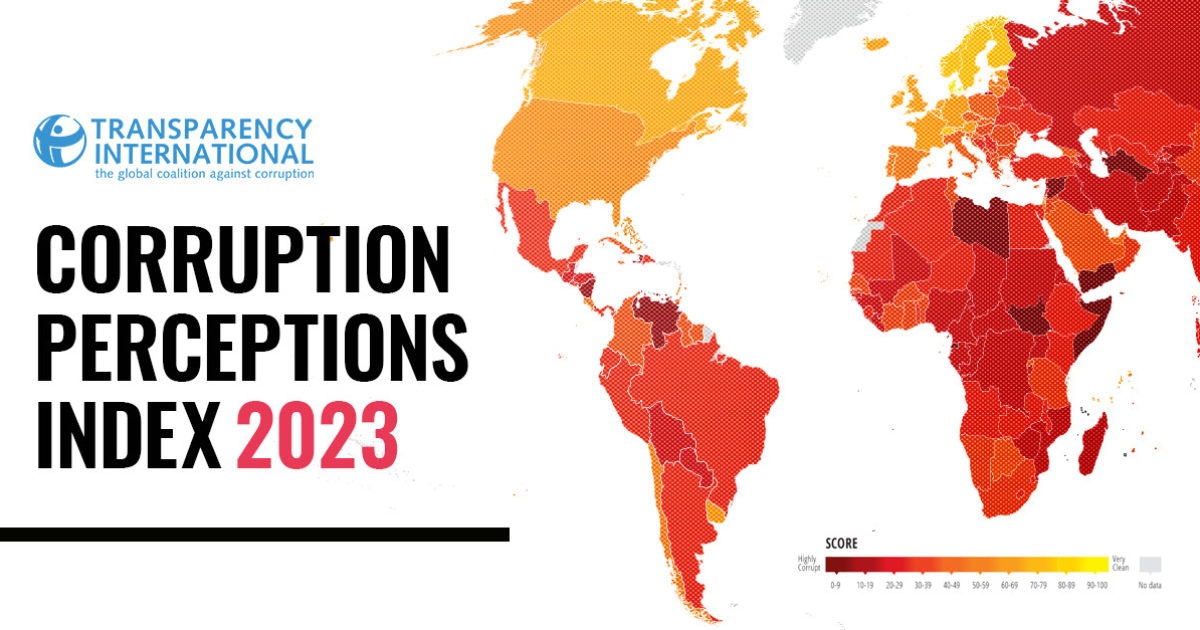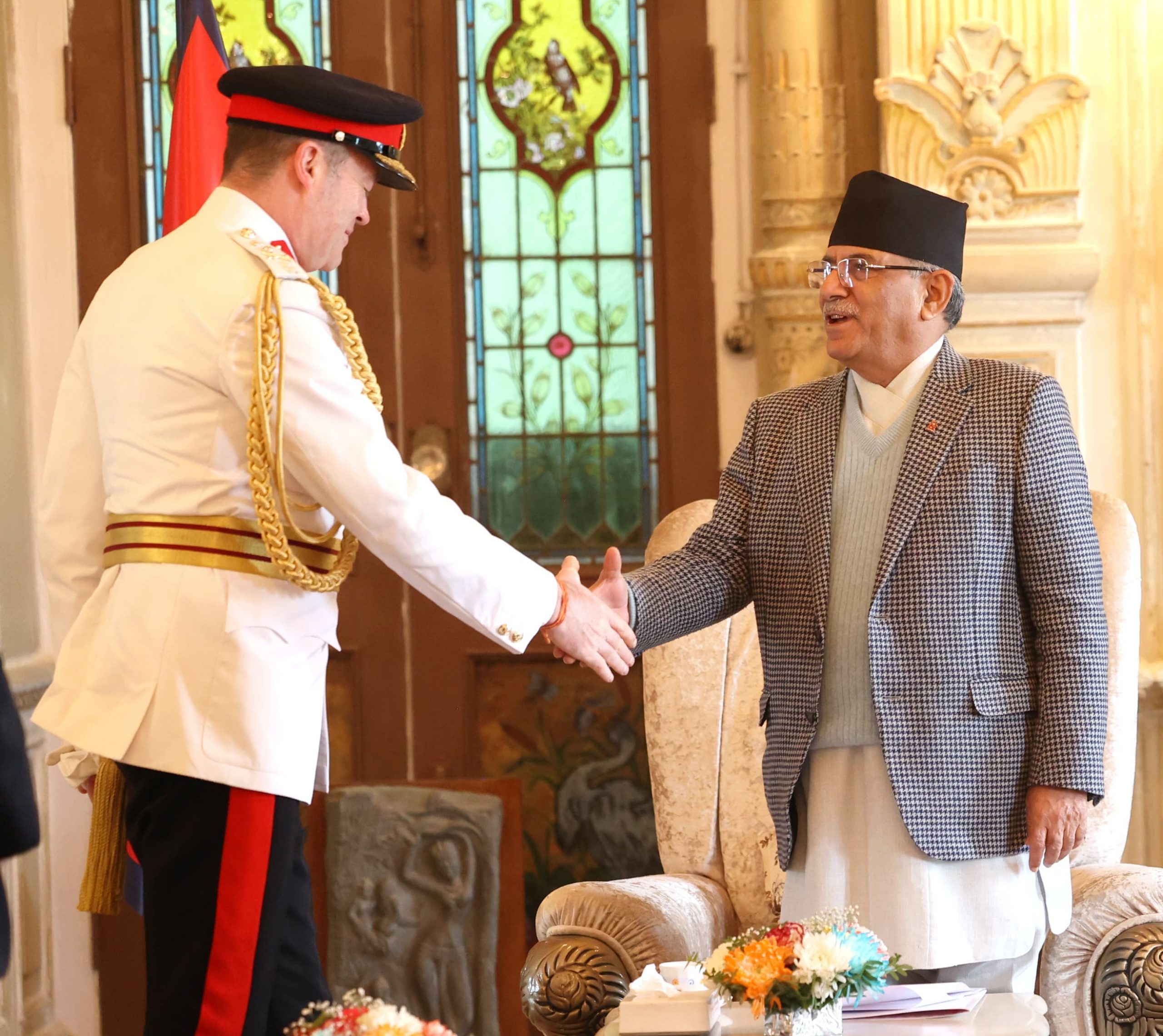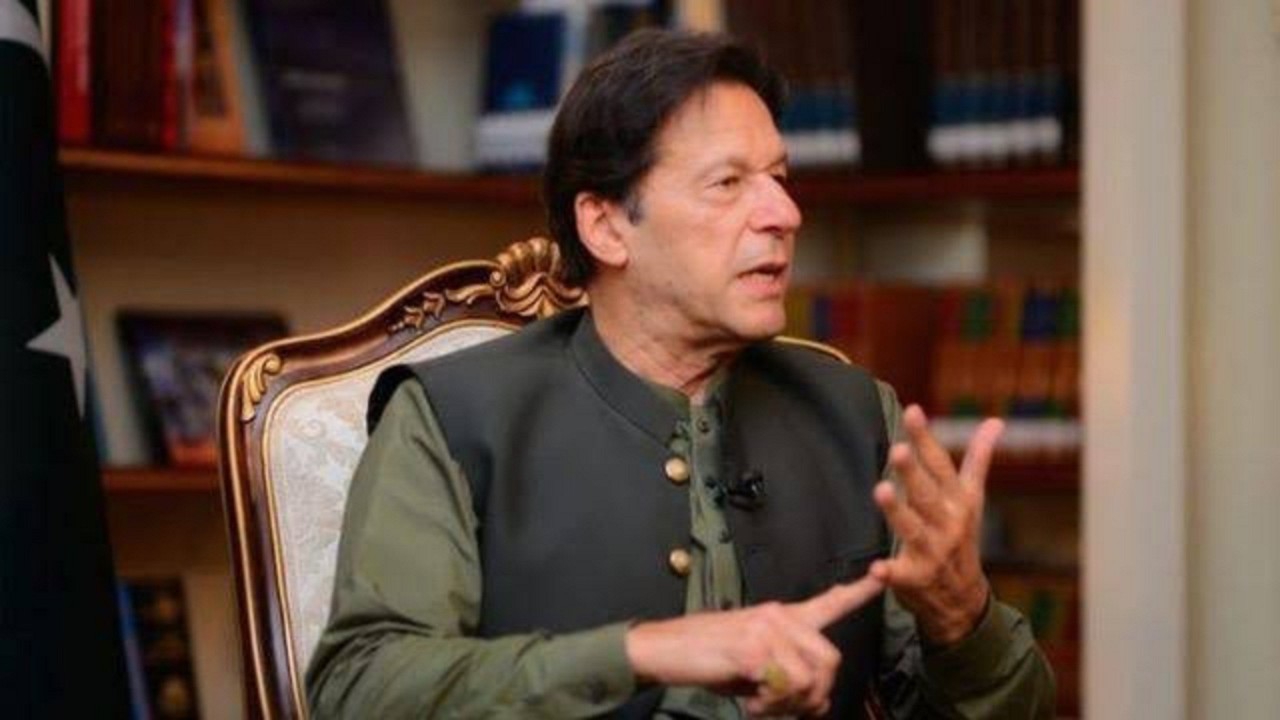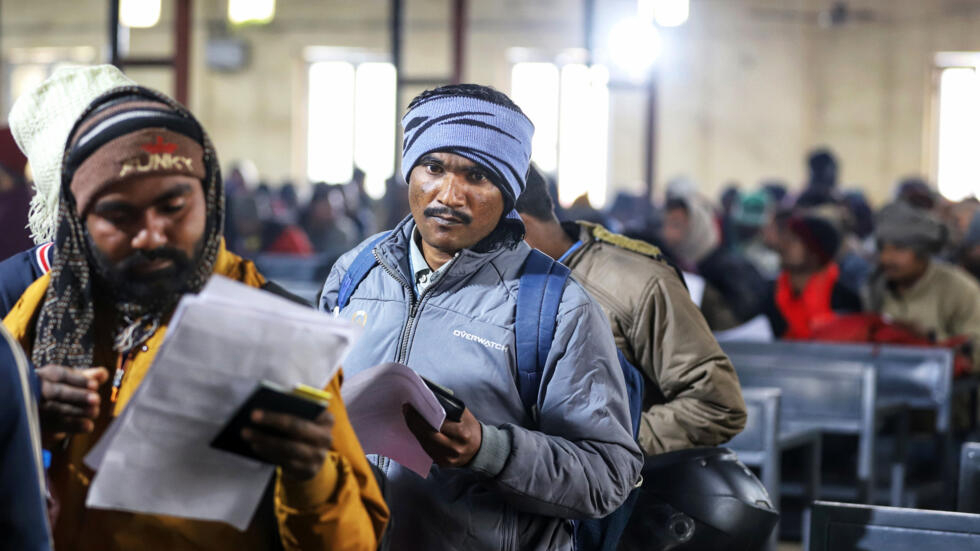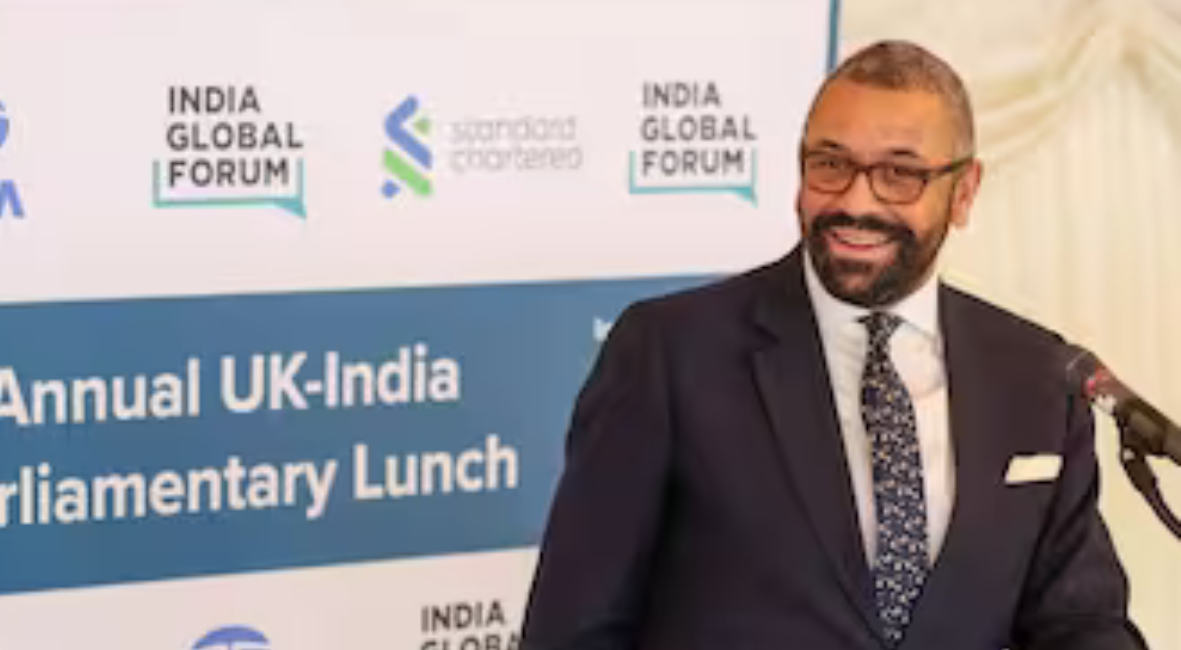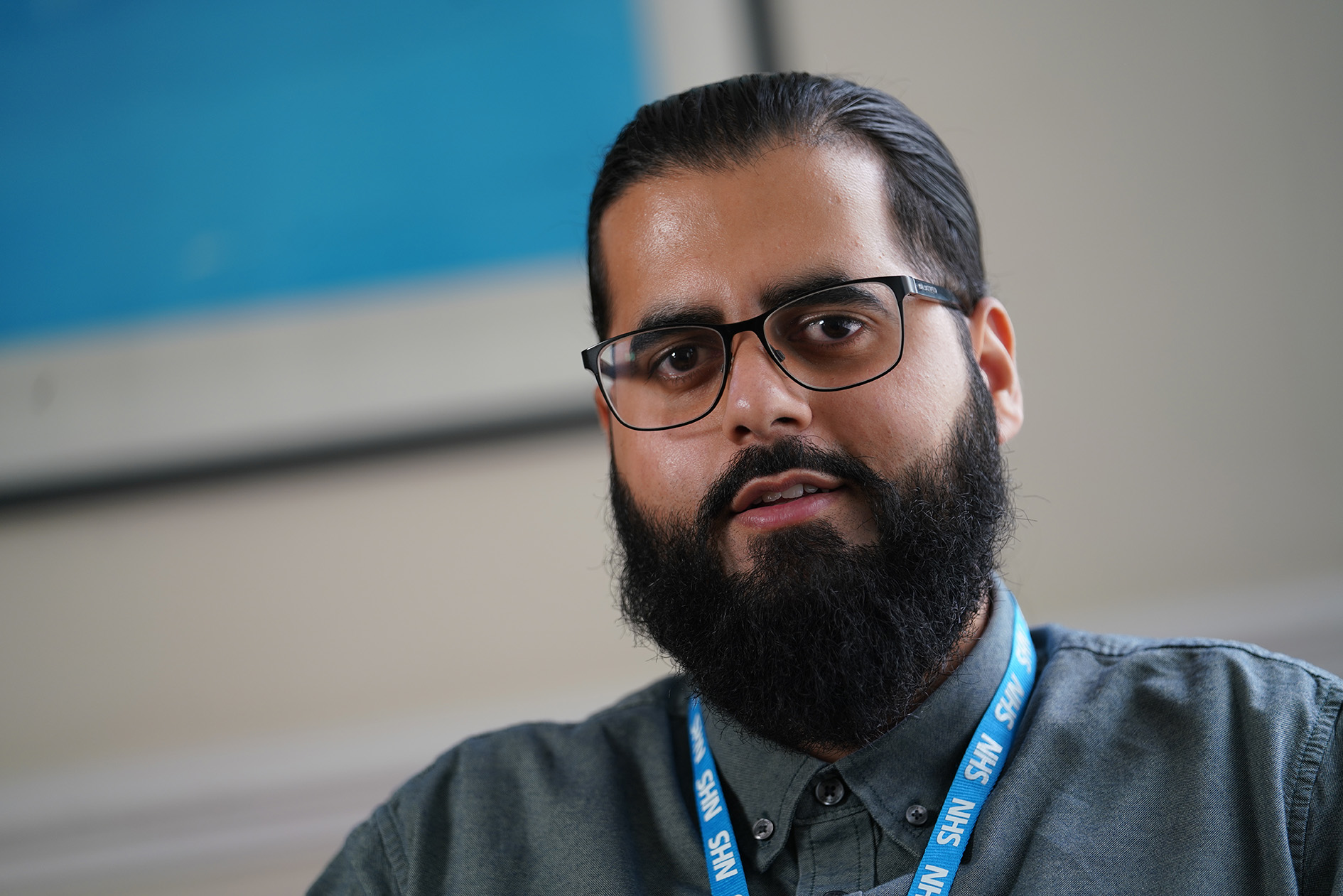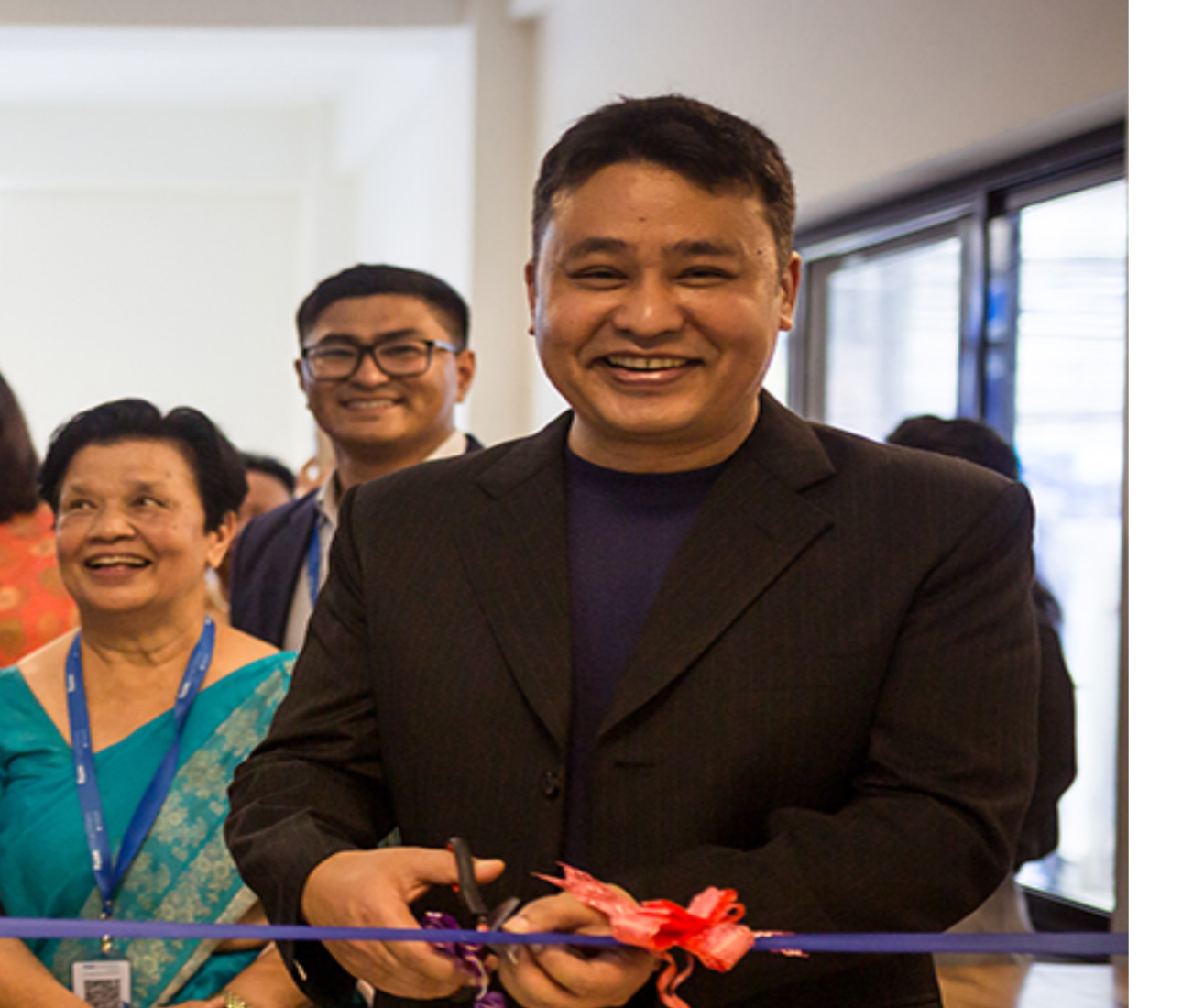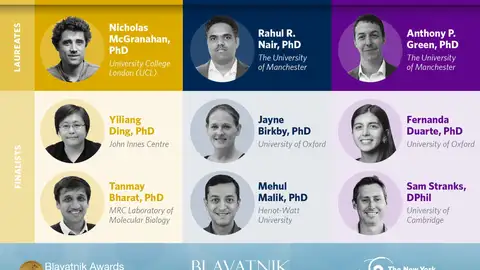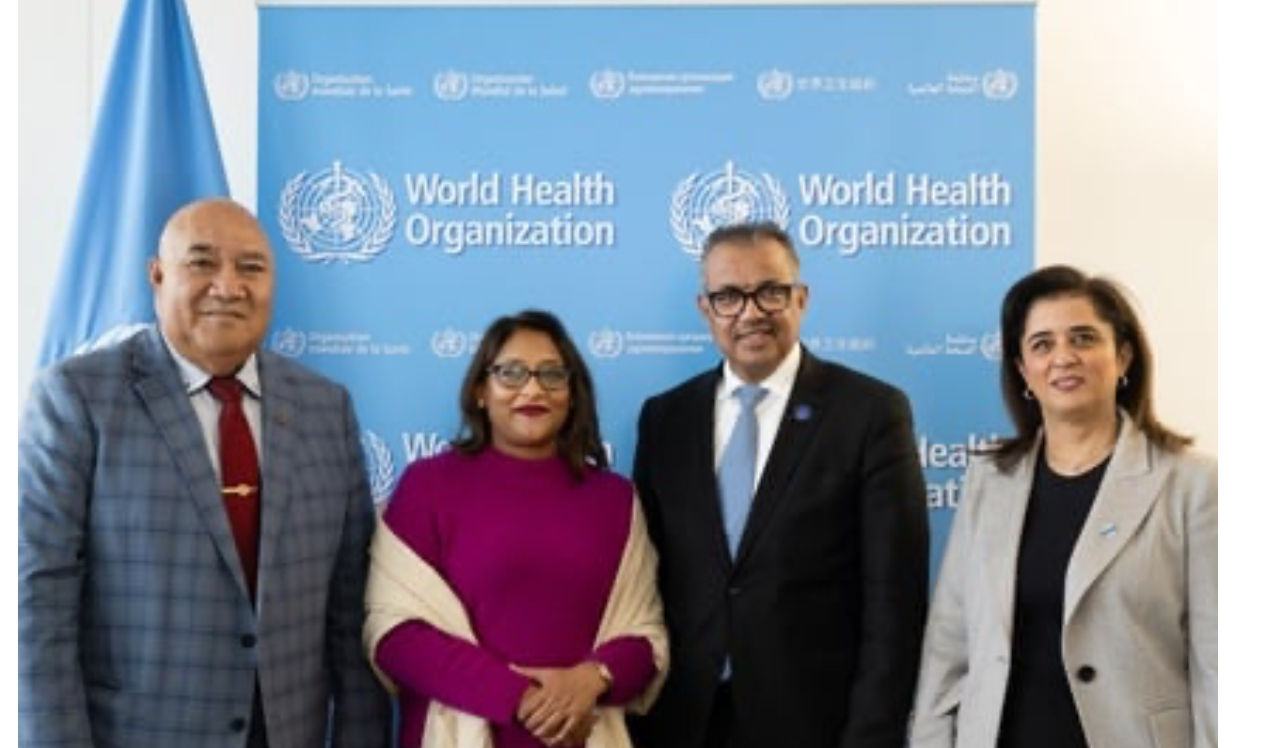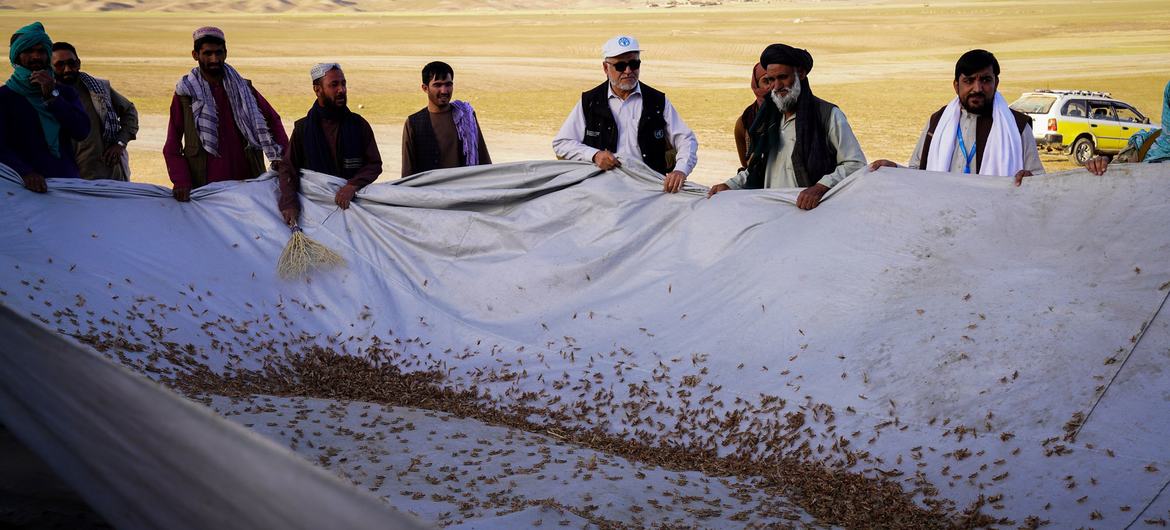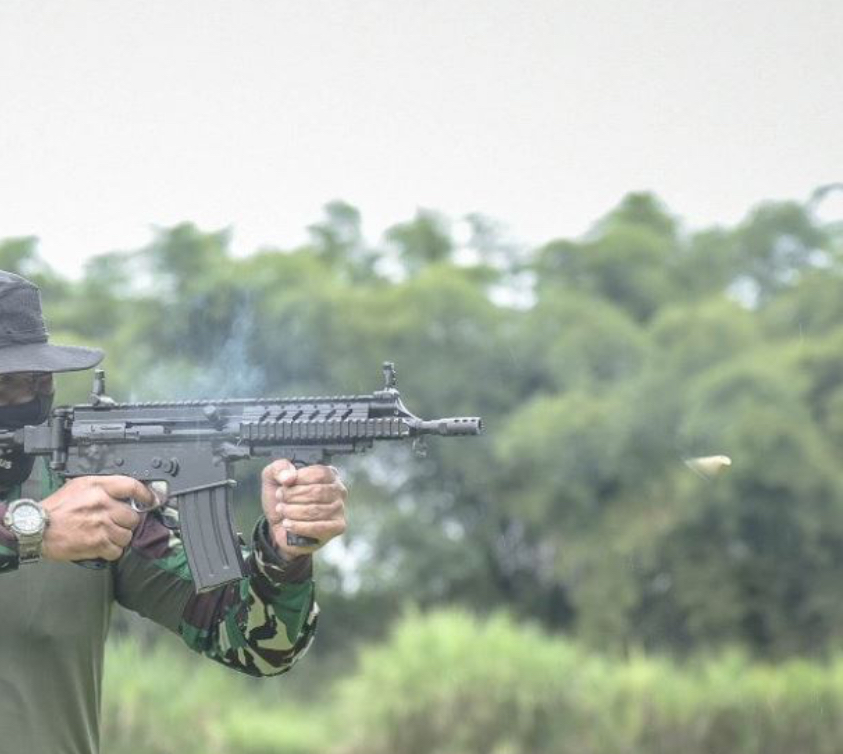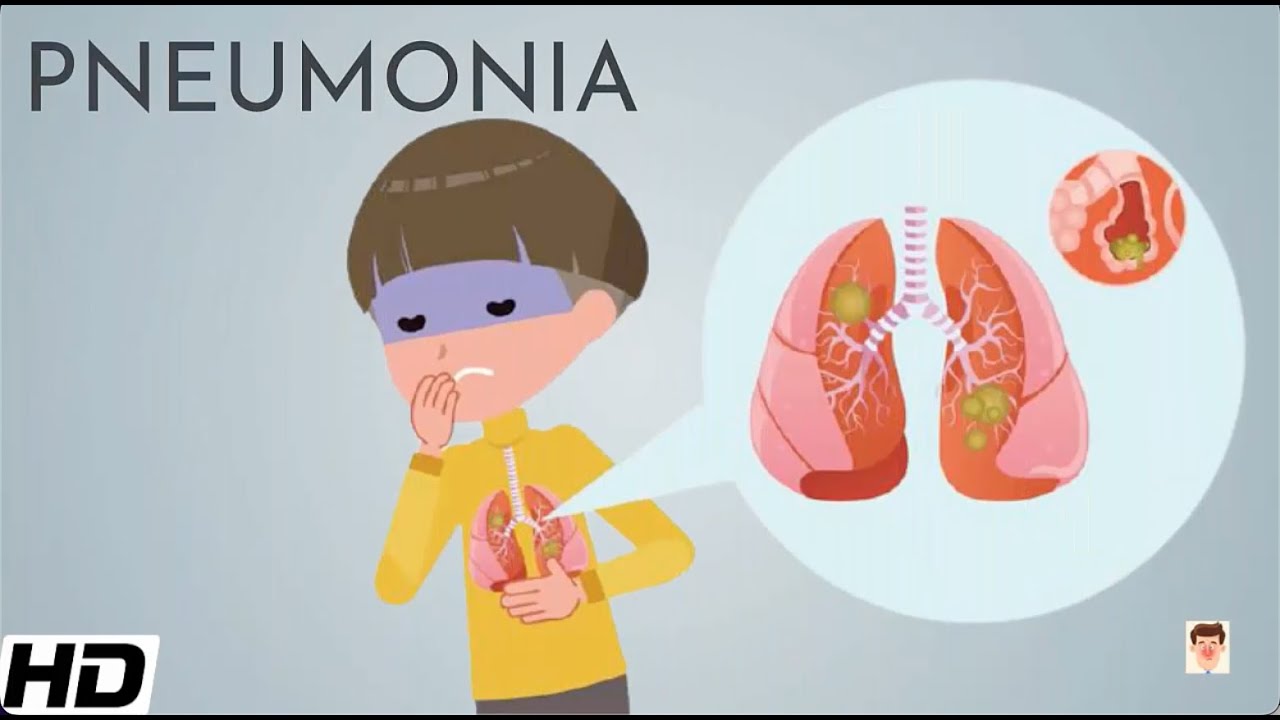Justin Roberts, Joseph Lillis, Mark Cortnage, Anglia Ruskin University
Ageing is an inevitable part of life, which may explain our strong fascination with the quest for longevity. The allure of eternal youth drives a multi-billion pound industry ranging from anti-ageing products, supplements and diets for those hoping to extend their lifespan.
If you look back to the turn of the 20th century, average life expectancy in the UK was around 46 years. Today, it’s closer to 82 years. We are in fact living longer than ever before, possibly due to medical advancements and improved living and working conditions.
But living longer has also come at a price. We’re now seeing higher rates of chronic and degenerative diseases – with heart disease consistently topping the list. So while we’re fascinated by what may help us live longer, maybe we should be more interested in being healthier for longer. Improving our “healthy life expectancy” remains a global challenge.
Interestingly, certain locations around the world have been discovered where there are a high proportion of centenarians who display remarkable physical and mental health. The AKEA study of Sardinia, Italy, as example, identified a “blue zone” (named because it was marked with blue pen), where there was a higher number of locals living in the central-eastern mountainous areas who had reached their 100th birthday compared with the wider Sardinian community.
This longevity hotspot has since been expanded, and now includes several other areas around the world which also have greater numbers of longer-living, healthy people. Alongside Sardinia, these blue zones are now popularly recognised as: Ikaria, Greece; Okinawa, Japan; Nicoya, Costa Rica; and Loma Linda, California.
Other than their long lifespans, people living in these zones also appear to share certain other commonalities, which centre around being part of a community, having a life purpose, eating nutritious, healthy foods, keeping stress levels low and undertaking purposeful daily exercise or physical tasks.
Their longevity could also relate to their environment, being mostly rural (or less polluted), or because of specific longevity genes.
However, studies indicate genetics may only account for around 20-25% of longevity – meaning a person’s lifespan is a complex interaction between lifestyle and genetic factors, which contribute to a long and healthy life.
Is the secret in our diet?
When it comes to diet, each blue zone has its own approach – so one specific food or nutrient does not explain the remarkable longevity observed. But interestingly, a diet rich in plant foods (such as locally-grown vegetables, fruits and legumes) does appear to be reasonably consistent across these zones.
For instance, the Seventh-day Adventists of Loma Linda are predominately vegetarian. For centenarians in Okinawa, high intakes of flavonoids (a chemical compound typically found in plants) from purple sweet potatoes, soy and vegetables, have been linked with better cardiovascular health – including lower cholesterol levels and lower incidences of stroke and heart disease.
In Nicoya, consumption of locally produced rice and beans has been associated with longer telomere length. Telomeres are the structural part at the end of our chromosomes which protect our genetic material. Our telomeres get shorter each time a cell divides – so get progressively shorter as we age.
Certain lifestyle factors (such as smoking and poor diet) can also shorten telomere length. It’s thought that telomere length acts as a biomarker of ageing – so having longer telomeres could, in part, be linked with longevity.
But a plant-based diet isn’t the only secret. In Sardinia, for example, meat and fish is consumed in moderation in addition to locally grown vegetables and traditional foods such as acorn breads, pane carasau (a sourdough flatbread), honey and soft cheeses.
Also observed in several blue zone areas is the inclusion of olive oil, wine (in moderation – around 1-2 glasses a day), as well as tea. All of these contain powerful antioxidants which may help protect our cells from damage as we age.
Perhaps then, it’s a combination of the protective effects of various nutrients in the diets of these centenarians, which explains their exceptional longevity.
Another striking observation from these longevity hot spots is that meals are typically freshly prepared at home. Traditional blue zone diets also don’t appear to contain ultra-processed foods, fast foods or sugary drinks which may accelerate ageing. So maybe it’s just as important to consider what these longer-living populations are not doing, as much as what they are doing.
There also appears to be a pattern of eating until 80% full (in other words partial caloric reduction. This could be important in also supporting how our cells deal with damage as we age, which could mean a longer life.
Many of the factors making up these blue zone diets – primarily plant-based and natural whole foods – are associated with lower risk of chronic diseases such as heart disease and cancer. Not only could such diets contribute to a longer, healthier life, but could support a more diverse gut microbiome, which is also associated with healthy ageing.
Perhaps then we can learn something from these remarkable centenarians. While diet is only one part of the bigger picture when it comes to longevity, it’s an area we can do something about. In fact, it might just be at the heart of improving not only the quality of our health, but the quality of how we age. ( From : The Conversation)





